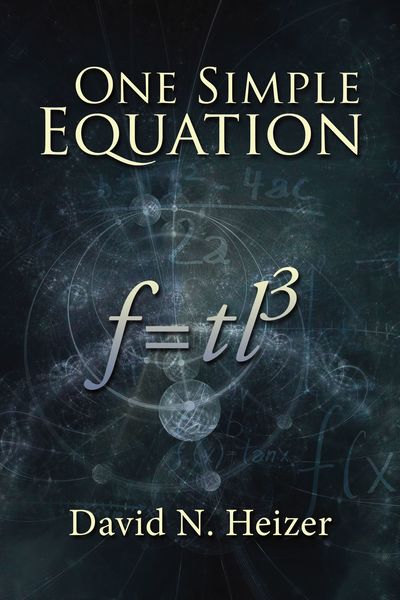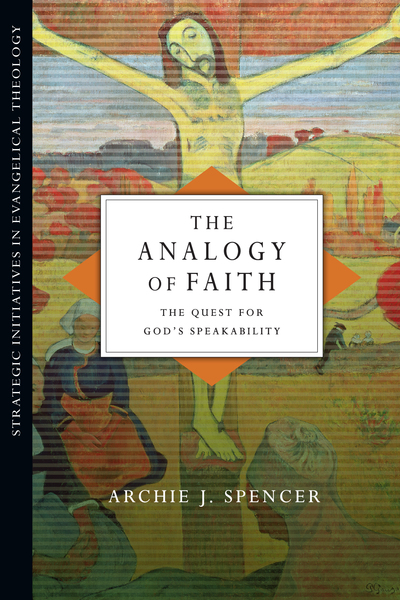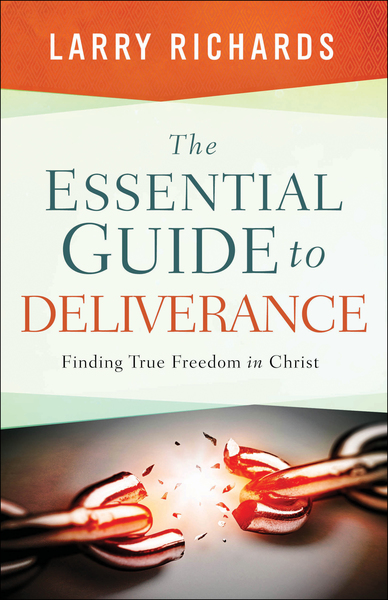



The book One Simple Equation will take the reader on an inventive journey exploring Christian faith by introducing a revolutionary mathematical equation. An equation that helped the author, a devout atheist for forty-two years, discover and understand with complete clarity the truth of the Gospel and the power of God’s love. After coming to the realization that some of the greatest most promising theories in modern science share the same narrative as the Biblical description of creation, God placed on author David Heizer’s heart an equation that would ultimately bring him to Jesus Christ.
The equation ?F=TL?^3 is a simple expression of Christian faith. It is of profound importance that this book is rooted in God’s love and His greatest expression of that love, Jesus Christ. The reader will learn why a mathematical expression of Christian faith illustrates our belief in God and Christ as our saviour so concisely.
All people understand Mathematics making it a universal language understood by all regardless of race, nationality, ethnicity or language. 1+1=2 is the same for all human beings. Math is also the language of God as all things in the universe, God’s creation, can be expressed mathematically from the swirling motion of the planets and stars and the human genome to the computer programs and phone apps we use every day.
This fascinating equation will reveal to the reader Biblical truth and understanding. Inspired by Einstein’s theory of relativity and God himself the equation is broken down into three simple terms: F representing Faith, what we are solving for. T representing Trust which is a variable that changes from one day to the next, and L representing God’s Love a steadfast never changing never failing constant we can all rely on. Raising God’s love to the power of three represents the Trinity, the Father, Son and Holy Spirit. The more Trust we apply to God’s love, the greater our faith becomes.
Read the testimonies of people getting through life’s most difficult challenges by placing their trust in God’s love. The reader will then be taken through a series of chapters that replace the constant love of God with other idolatrous terms such as money, material possessions, addictions and the self and how these temporary corruptible terms fail at producing a sound faith on which to build life giving principles.
This one simple equation unlocks the meaning of life and answers one of the most difficult questions facing Christians today, “How can a loving God allow bad things to happen to good people?” This simple yet profound illustration of our faith reveals all this and much more.
























































